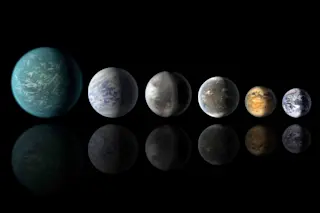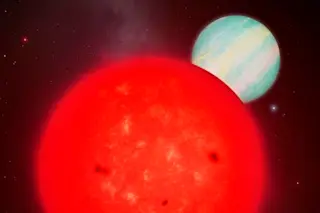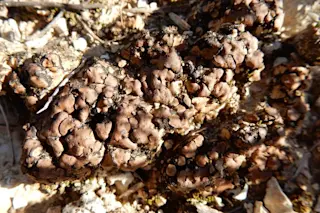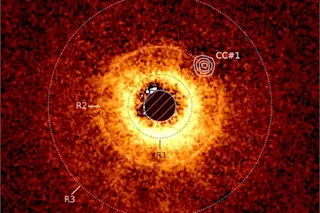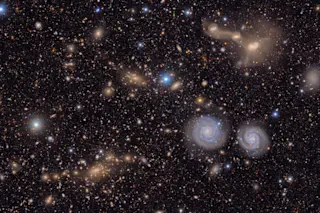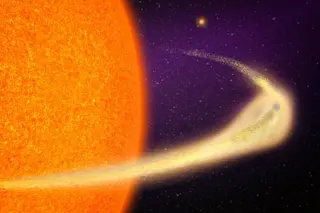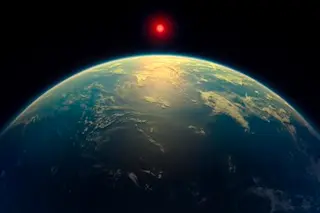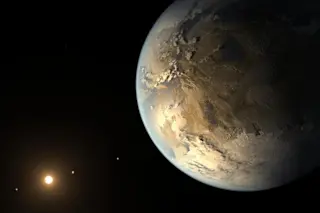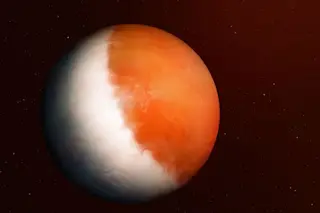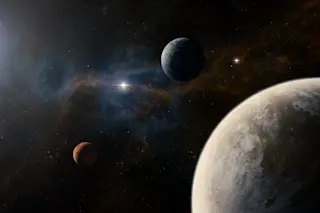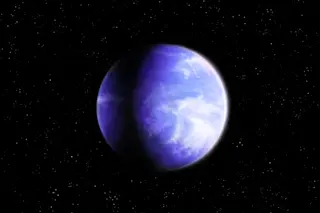Earth is the only place in the universe where we know life exists. But with billions of other star systems out there, it might not be the best place for life. In a new study, astronomers modeled the potential for life on other watery planets and found some conditions that can create oceans maximized for habitability.
The model suggests that watery planets with dense atmospheres, continents, and long days — slowly rotating planets that is — were most conducive to life. These conditions stimulate ocean circulation, which brings nutrients from the depths to the surface where it’s available for biologic activity.
“[The research] shows us that conditions on some exoplanets with favorable ocean circulation patterns could be better suited to support life that is more abundant or more active than life on Earth,” Stephanie Olson, a University of Chicago researcher who lead the new study, said in a media release.
...


